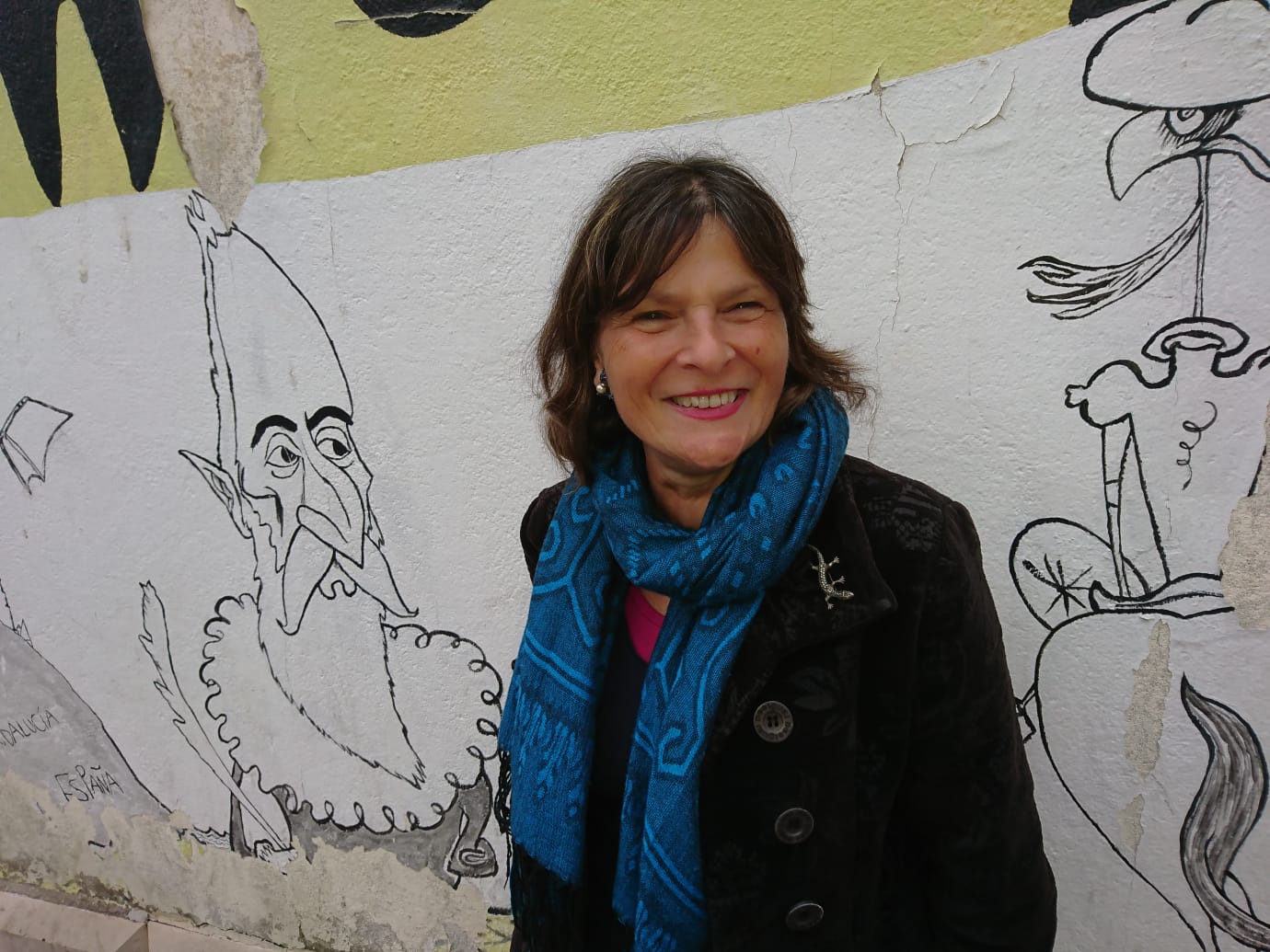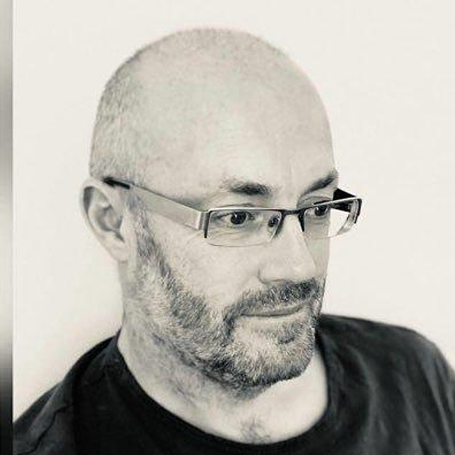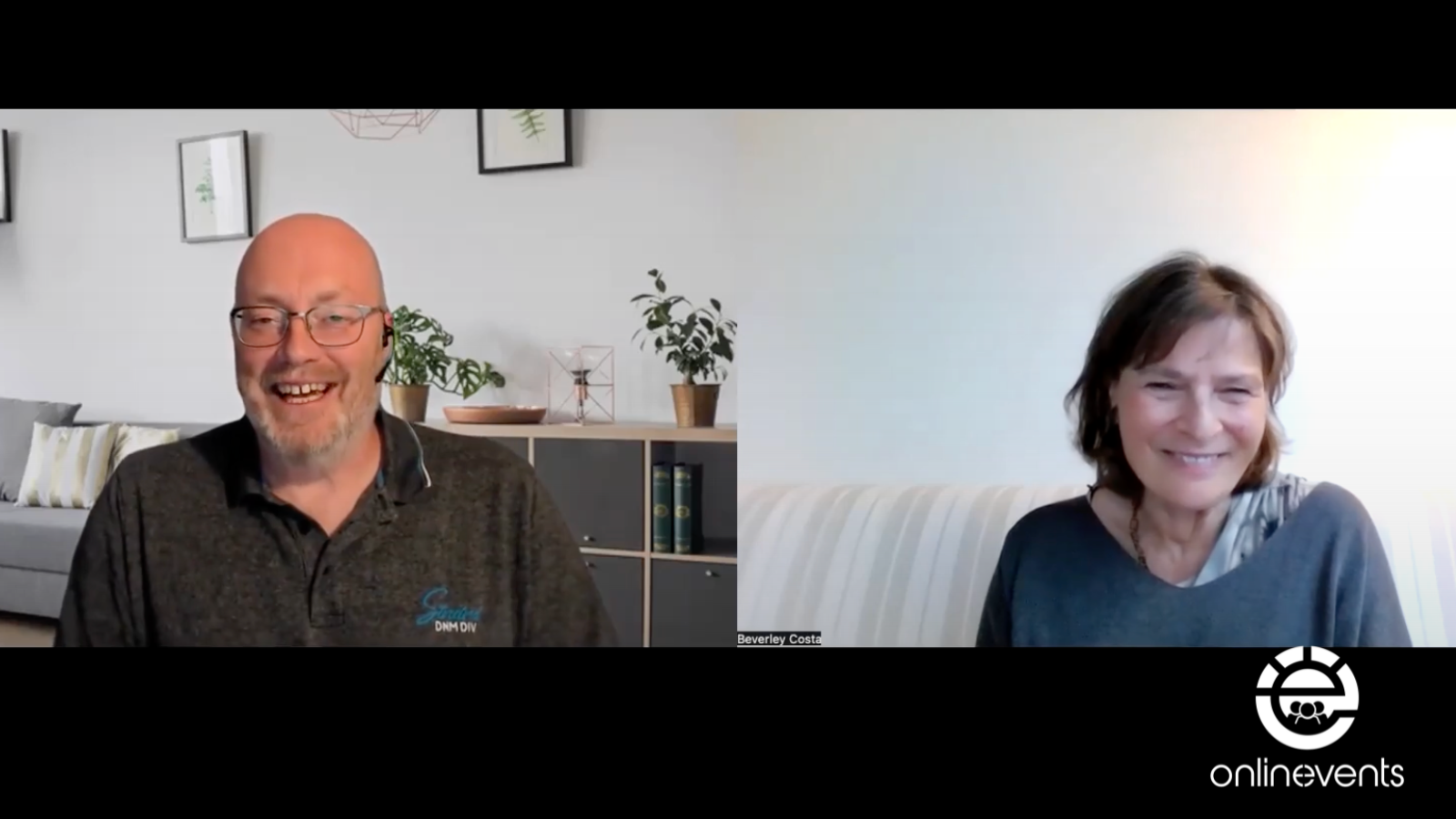Can groups fulfil their potential?
How does a group facilitator foster an environment conducive to safe enough practice? What does safety, which is also dynamic, look like?
The functions of groups vary. People may join a group for personal development and therapy, to learn something, to collaborate in creative acts, to organise an activity. One of the common threads connecting these endeavours is a desire for change, to create something new.
How does safety act as an enabler and/or an inhibitor of transformation? Can there ever be too much safety in a group?
In order for change to occur we need to feel safe enough (as a group participant) to relax, but not so enmeshed with safety that we (as a participant and as a facilitator) can’t let go of its comforting and powerful embrace. Groups can be so safe that nothing is allowed to change. But groups can also be unsafe. They can be destructive. How does a group facilitator hold the competing needs in a group for safety, trust, risk and innovation? How do they model dynamic safety? How do they use/misuse their power?
In this one hour session John and Beverley will have a conversation about their own experiences, of safety and lack of safety, from their practice as facilitators (and participants) of different kinds of groups. These include groups for personal development, training, therapy, clinical supervision and reflective practice. They will attempt to weave in the theoretical models of safe and ethical practice that they draw from, the personal and professional lessons they have learned and the joys of working with truly transformational group experiences.
Course Content
Presenter

After qualifying as a psychotherapist, Beverley Costa set up Mothertongue multi-ethnic counselling service (2000-2018) for multilingual clients. In 2009 she created a pool of mental health interpreters, in 2010 she established the national Bilingual Therapist and Mental Health Interpreter Forum and founded The Pásalo Project in 2017 www.pasaloproject.org to disseminate learning from Mothertongue.
She has trained over 5,000 therapists for NHS services and NGOs, in working therapeutically across languages and with interpreters since 2013. She is a Senior Practitioner Fellow at Birkbeck, University of London and a Senior Visiting Research Fellow at the University of Reading.
In 2020, Pásalo created an e-learning resource for the British Association for Counselling and Psychotherapy: The Social Response Cycle – about effective therapeutically framed social action.
https://www.bacp.co.uk/cpd/social-response-cycle-member-resource/
In the same year (2020), The Paul Hamlyn Foundation awarded The Pásalo Project funding through its Ideas and Pioneers programme to create a free e-learning resource on mental health and multilingualism https://www.pasaloproject.org/multilingualism-mental-health-and-psychological-therapy—course-content.html .
She has run Reflective Practice Support groups for interpreters, psychological therapists and counsellors, nurses, teachers, lawyers, and psychosocial workers. She has developed an introductory course in facilitator skills for running Reflective Practice Groups which has been delivered online to organisations in England, Scotland, Wales and Belgium. She is the author of Other Tongues -psychological therapies in a multilingual world https://tinyurl.com/Other-Tongues

I have been facilitating in Counselling & Psychotherapy programmes in the UK for more than 10 years.
I am currently the director at Temenos Education and have a private practice where I offer online Psychotherapy and Supervision using video and chat communication platforms along with virtual environments. I am also the co-founder of onlinevents which has grown to be the world’s largest library of online video and audio content with instant certification and a learning log.
I am also a past chair of the Association for Counselling & Therapy Online (ACTO) and have served for 6 years on the board of the World Association for Person Centered & Experiential Psychotherapy & Counselling. My passion to bring online learning into the field of Counselling & Psychotherapy has also led to the development of online experiential learning within the Temenos programme, facilitating the exposure of Temenos students to external tutors who are located in different parts of the world. Along with the inclusion of experiential learning of online Counselling & Psychotherapy for Temenos students so that they qualify with knowledge and practice in online communication and relationship.


